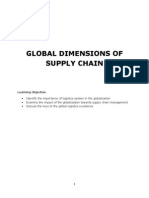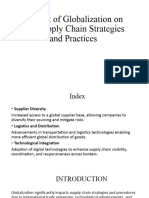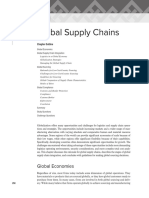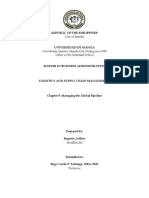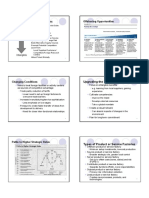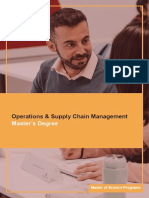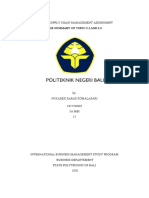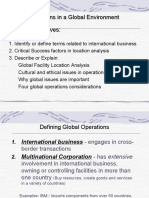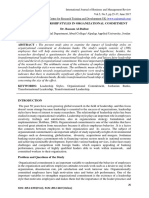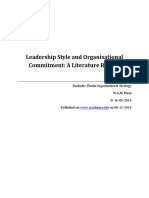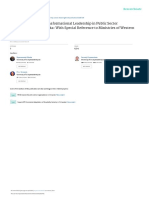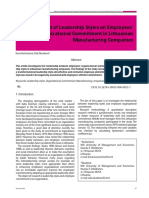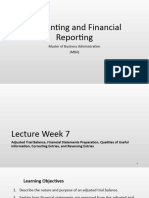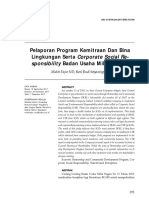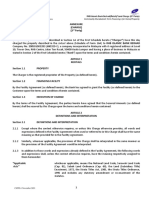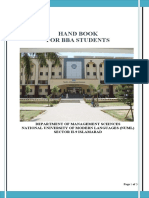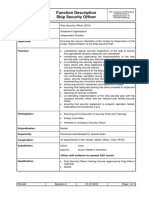0% found this document useful (0 votes)
383 views4 pagesManaging Global Operations: 5th Term MBA-2016
This document provides information about a course on Managing Global Operations taught at IESE Business School in Shanghai. The course is taught over 3 days and uses China as an example to explore global operations issues for both Western companies operating in China and Chinese companies expanding abroad. Students will learn key concepts of managing global operations through case studies, lectures, presentations, and company visits. The course aims to help students understand trends in globalization and how to manage globally distributed supply chains, factories, sourcing, manufacturing, and more.
Uploaded by
gedleCopyright
© © All Rights Reserved
We take content rights seriously. If you suspect this is your content, claim it here.
Available Formats
Download as PDF, TXT or read online on Scribd
0% found this document useful (0 votes)
383 views4 pagesManaging Global Operations: 5th Term MBA-2016
This document provides information about a course on Managing Global Operations taught at IESE Business School in Shanghai. The course is taught over 3 days and uses China as an example to explore global operations issues for both Western companies operating in China and Chinese companies expanding abroad. Students will learn key concepts of managing global operations through case studies, lectures, presentations, and company visits. The course aims to help students understand trends in globalization and how to manage globally distributed supply chains, factories, sourcing, manufacturing, and more.
Uploaded by
gedleCopyright
© © All Rights Reserved
We take content rights seriously. If you suspect this is your content, claim it here.
Available Formats
Download as PDF, TXT or read online on Scribd
/ 4

